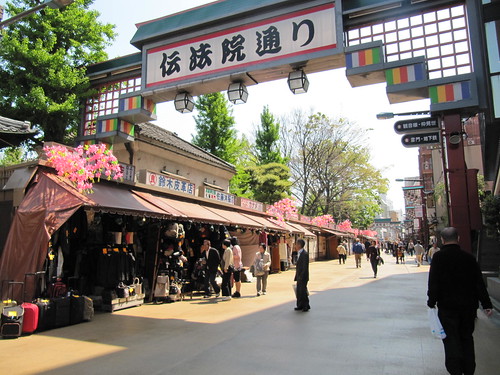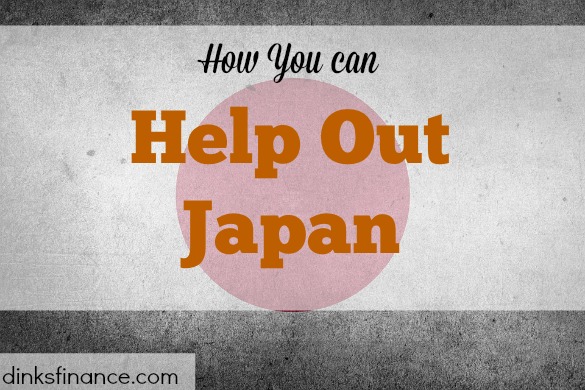
Japan was recently hit with a devastating 8.9 earthquake that also triggered a tsunami wave that has claimed thousands of lives and ruined even more households. Natural disasters can be destructive and very costly for nations, economies, and residents. People in Japan have been left without water, food, power, and shelter.
Japan is a nation that is already in debt, and now the cost to rebuild an already fragile economy could lead to a financial crisis that cannot be fixed. Most personal insurance policies do not cover residents in the case of natural disasters such as earthquakes and tsunamis. Therefore residents are left with no personal possessions, along with the financial burden of having to rebuild their lives without any financial means.
Some insurance companies have also added a clause to protect residents against terrorism. Natural disasters can be a financial burden for governments but they can also be devastating for residents. Many people cannot afford to rebuild their homes and replace the personal possessions that they have lost in a destructive event that is beyond their control.
Some of us may have experienced the destruction that a natural disaster can cause with Hurricane Katrina in 2005, the Tsunami in Samoa in 2009, as well as the 2010 earthquakes in Haiti and Chile. It costs millions and even billions of dollars to rebuild a city back to life from total destruction. However, with support and a lot of funding New Orleans is a prime example of how a city can be rebuilt back to life.
The Japanese Market closed down on Monday in the wake of Japan’s earthquake and tsunami disasters. To make matters worse, there has been a nuclear emergency at a local power plant. The damage in Japan has been estimated at over $150 billion dollars although nothing has officially been released.
The initial damage is not only catastrophic but the aftermath of natural disasters can also be very harmful. The aftershocks from an earthquake are unpredictable; this causes a lot of uncertainty for local businesses, residents, and government officials. Although everyone wants to start repairing the damage, the uncertainty of aftershocks leaves everyone uneasy. Manufacturing plants that were not destroyed in the earthquake or by the tsunami wave have shut down production. This includes major automobile and electronic exporters such as Sony, Toyota, and Panasonic.
As DINKS with disposable monthly incomes we are in a position to give to those who are less fortunate than ourselves, and to help out people who are in need of things that we have and can afford to donate. The American Red Cross is assisting in the effort for relief of victims in Japan. Please visit your local charities to find out ways that we can give back and help residents, tourists, and the nation of Japan.
Photo by IvanWalsh



They definitely do need help right now!!! Thanks Kristina!
Japan does need our help. It’s in time like this when people need to come together to help out those in need. We just never know when a natural disaster can strike, it could affect any one of us next.
I wish I could help, but right now we are about to be unemployed.
The events in Japan have the potential to change the world, maybe as much or more than 9/11. Even if the nuclear reactors are brought under control, the spectre of Chernobyl brings fear to the hearts of many whenever the words ‘nuclear emergency’ are heard.
Can we trust the official news coming from Japan? Many of the residents that were interviewed don’t trust their government. The company incharge of the plants has been well known for not keeping accurate records of maintenance.
Japan may need more help than they even know.